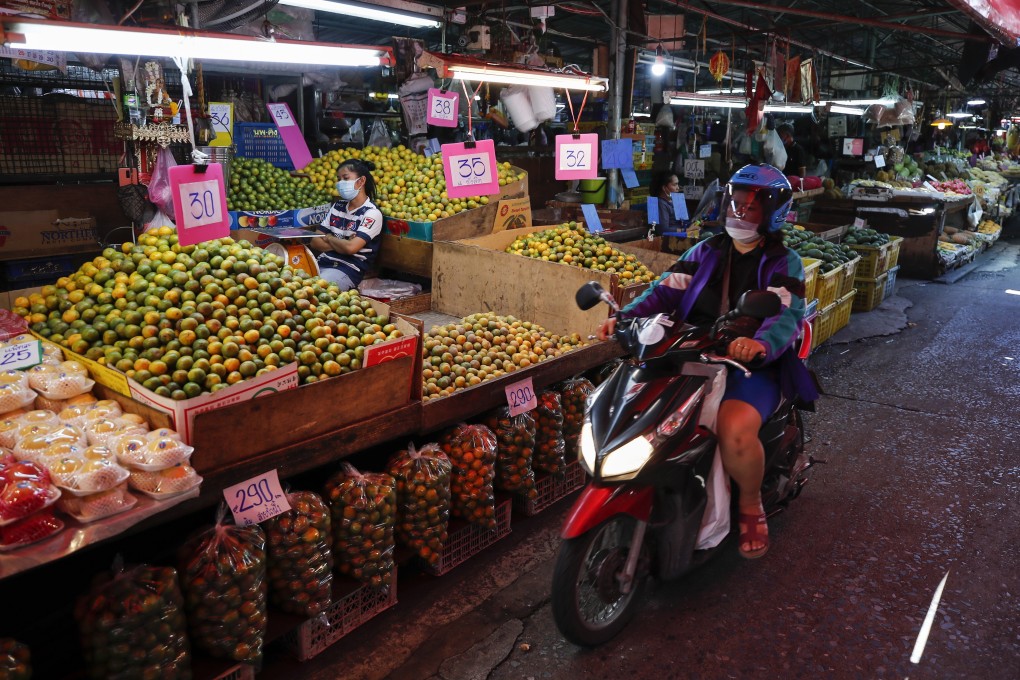Thailand’s cabinet reshuffle leaves investors anxious amid economic gloom
- The resignation of four economic ministers has sparked anxiety about the future of investments from China and Japan
- Their replacements will have to oversee the recovery of Southeast Asia’s worst-performing economy from the damage caused by Covid-19

Deputy prime minister Somkid Jatusripitak, known as the economic policy tsar, and finance minister Uttama Savanayana had overseen the roll-out of stimulus measures worth billions of dollars to boost the tourism-dependent economy, which was damaged by border closures and social distancing restrictions.
The two other ministers who stepped down are energy minister Sontirat Sontijirawong and science, technology and higher education minister Suvit Maesincee. The ministers resigned after a weeks-long power struggle within the ruling Palang Pracharath Party of Prime Minister Prayuth Chan-ocha.
“Changing the main economic team in the middle of the pandemic will affect all investors’ confidence. Chinese and Japanese investors may be more nervous because of the high level of investment they already have in Thailand,” said Pavida Pananond, associate professor at Thammasat Business School’s department of international business, logistics and transport.
“The new team needs to build confidence by showing they know what they get themselves into and that they know what they are doing.”
Somkid and Uttama have been instrumental in shaping Thai economic policy since 2015, a year after the coup that installed former army general Prayuth as leader. A general election last year kept him in power.